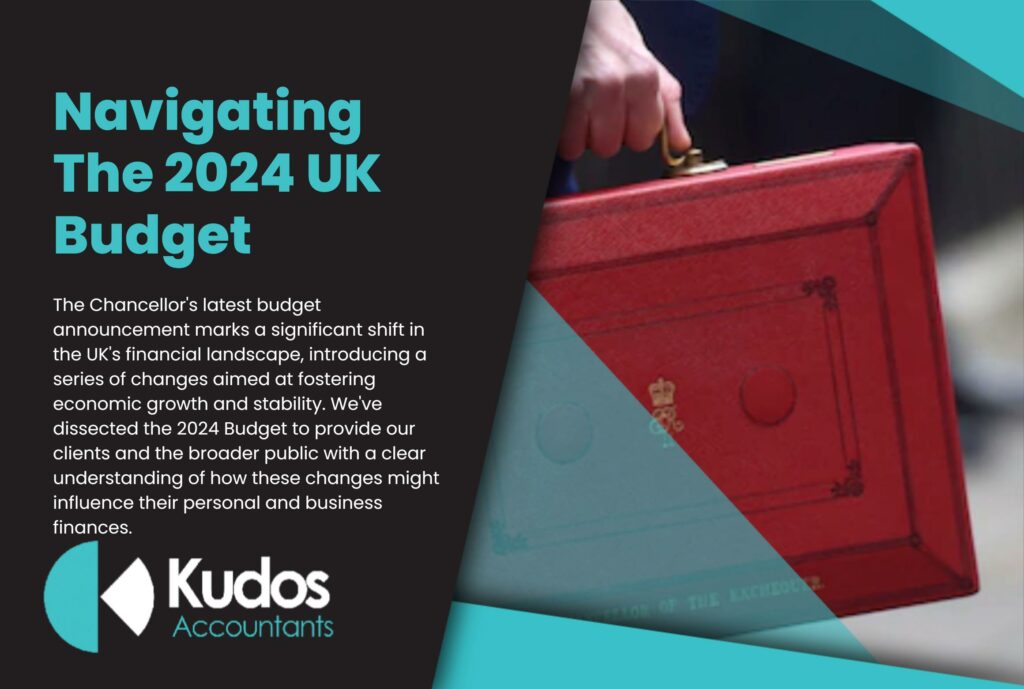Key Points
- Fuel duty to be cut by 5p per litre for 12 months
- 0% VAT on home energy-saving products like solar panels, insulation, or heat pumps
- Energy household support fund doubled
- National insurance threshold to increase from £9500 to £12570
- Employment allowance (to small businesses) increasing to £5000
- Income tax to be cut from 20% to 19% by 2024
- Bank of England Interest Rate has increased to 0.75%
State of the economy and public finances
- The UK economy is forecast to grow by 3.8% this year, according to the Office for Budget Responsibility, a sharp cut from its previous prediction of 6.0%
- The economy is then forecast to grow by 1.8% in 2023 and 2.1% in 2024
- The annual inflation rate was 6.2% in February, and is likely to average 7.4% for the rest of this year, but with peak of 8.7% in the final quarter of 2022
- The unemployment rate, which is currently at 3.9%, is now predicted to be lower in every year of the OBR’s forecast.
- The number of people employed between now and 2027 is expected to be 400,000 lower than before the pandemic. This is because of early retirements, long-term sickness and fewer workers arriving in the UK
- Borrowing as a percentage of GDP is expected to fall from 83.5% of GDP in 2022/23 to 79.8% in 2026/27
- The government is forecast to spend £83bn on debt interest in the next financial year, the highest on record
Fuel, energy and living costs
- Fuel duty will be cut by 5p per litre until March 2023
- Homeowners installing energy efficiency materials such as solar panels, heat pumps, or insulation installed will not pay VAT
- Local authorities will get another £500m for the Household Support Fund from April, creating a £1bn fund to help vulnerable households with rising living costs
Taxation
- The income threshold for at which point people start paying National Insurance will rise to £12,570 in July, which Mr Sunak said was tax cut for employees worth over £330 a year
- Mr Sunak pledged to cut basic rate of income tax from 20p to 19p in the pound before the end of this Parliament
- The Employment Allowance, which gives relief to smaller businesses’ National Insurance payments, will increase from £4,000 to £5,000 from April





